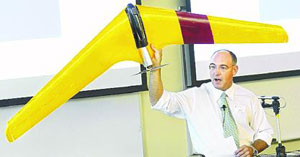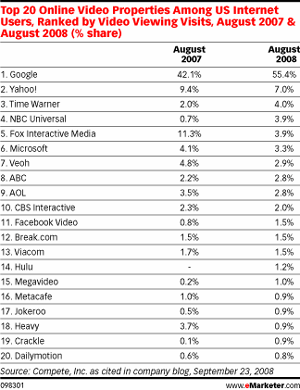 Here’s a call to help out with the vet shortage via Charleston|Orwig. All you have to do is post a comment on the latest post on Field Assignment.
Here’s a call to help out with the vet shortage via Charleston|Orwig. All you have to do is post a comment on the latest post on Field Assignment.
We’ve blogged about the large animal vet shortage before. But now we really want to ramp up the conversation in an impactful way. In fact, we’re so eager to start a dialogue, we intend to donate $5 to a great, vet-related cause for every non-frivolous comment anyone adds to this blog about the crisis.
Tell us what you think is causing the shortage. We’ll donate $5.
Suggest ways in which you think it can be solved. We’ll donate $5.
Share a link to a news story or other online discussion about the shortage. We’ll donate $5.
Advance the conversation by responding to someone else’s comment. We’ll donate $5.
Go ahead. I’m sure Lyle will appreciate it. The money they donate will support the University of Wisconsin’s Dairy Teaching Herd Endowment.

 When I visited the
When I visited the  The
The  Take a look at this graphic from
Take a look at this graphic from  While looking at
While looking at 
 You can listen to Franck Schuurmans, NAMA opening session speaker at their Trends in Agriculture conference, thanks to
You can listen to Franck Schuurmans, NAMA opening session speaker at their Trends in Agriculture conference, thanks to  Happy Thanksgiving week to all of you. I know you’re hard at it so you can enjoy your holiday weekend. Cindy and I are doing the same.
Happy Thanksgiving week to all of you. I know you’re hard at it so you can enjoy your holiday weekend. Cindy and I are doing the same. The man who has been spearheading the Drive Green Utility Tractor Show is Eric Hodson, pictured second from right in this photo of their booth at NAFB’s Trade Talk. I spoke with Eric there and you’ll hear him describe why they’re sending a crew on the road to bring the latest utility tractors directly to customers via their dealer network.
The man who has been spearheading the Drive Green Utility Tractor Show is Eric Hodson, pictured second from right in this photo of their booth at NAFB’s Trade Talk. I spoke with Eric there and you’ll hear him describe why they’re sending a crew on the road to bring the latest utility tractors directly to customers via their dealer network.